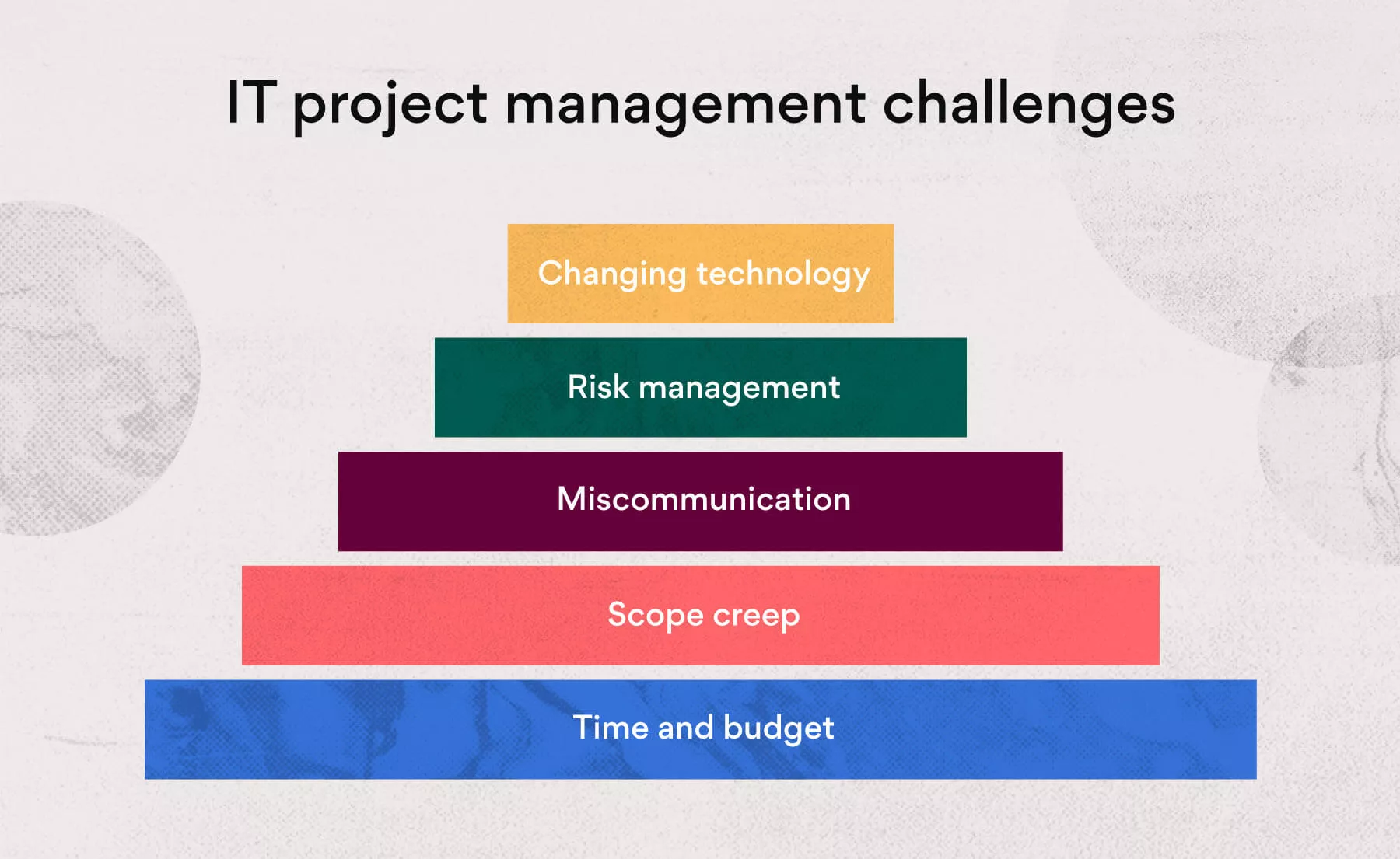justineanweiler.com – In the fast-paced world of Information Technology (IT), effective project management is a cornerstone for success. IT project management is the application of planning, organizing, and managing resources to achieve specific IT goals. This process ensures the smooth execution of projects, such as software development, system implementations, network upgrades, or cloud migrations, while staying on budget and meeting deadlines.
This article explores the fundamentals, methodologies, tools, and best practices of IT project management.
What is IT Project Management?
IT project management focuses on delivering technology-driven solutions. Unlike traditional project management, IT projects often involve complex, rapidly changing requirements, cross-functional teams, and cutting-edge technology. Success requires not only technical knowledge but also strong communication, leadership, and problem-solving skills.
Key Phases of IT Project Management
- Initiation
- Define the project goals and objectives.
- Identify stakeholders and gather requirements.
- Develop a project charter or proposal to get approvals.
- Planning
- Create a detailed project plan outlining scope, timeline, and budget.
- Assign roles and responsibilities to the team.
- Identify risks and establish mitigation strategies.
- Execution
- Allocate resources and begin project work.
- Monitor progress through regular status meetings.
- Manage communication with stakeholders.
- Monitoring and Control
- Track key performance indicators (KPIs) like budget adherence, milestones, and task completion.
- Adjust plans as needed to stay aligned with objectives.
- Ensure quality control and compliance.
- Closure
- Conduct a final review to ensure deliverables meet requirements.
- Document lessons learned and best practices for future projects.
- Celebrate the team’s success and release project resources.
Popular IT Project Management Methodologies
- Waterfall
A sequential approach ideal for projects with well-defined requirements. Each phase is completed before moving to the next. Suitable for predictable, straightforward projects like hardware installations. - Agile
A flexible, iterative methodology that adapts to changing requirements. Agile emphasizes collaboration, customer feedback, and delivering smaller, incremental changes. Common in software development. - Scrum
A subset of Agile that uses time-boxed “sprints” to deliver specific features. It’s managed by a Scrum Master and focuses on teamwork and accountability. - Kanban
A visual workflow management system that tracks tasks through a board. Ideal for improving efficiency and managing work-in-progress limits. - Hybrid
Combines elements of Agile and Waterfall to suit specific project needs, allowing teams to balance flexibility with structure.
Tools for IT Project Management
Efficient IT project management relies on the right tools. Some widely used platforms include:
- JIRA: For Agile project tracking and collaboration.
- Microsoft Project: For detailed task scheduling and resource planning.
- Trello: A simple, Kanban-based tool for visual task management.
- Asana: A user-friendly platform for team collaboration and task tracking.
- Monday.com: For customizable workflows and project visualization.
Challenges in IT Project Management
- Scope Creep
Uncontrolled changes or additions to a project’s scope can derail timelines and budgets. - Rapid Technological Changes
Adapting to new tools and innovations mid-project can disrupt planning. - Communication Gaps
Miscommunication among team members, stakeholders, or vendors often leads to misunderstandings. - Resource Constraints
Limited budgets, time, or skilled personnel can hinder project execution. - Risk Management
IT projects face unique risks like cybersecurity threats, system failures, or regulatory non-compliance.




